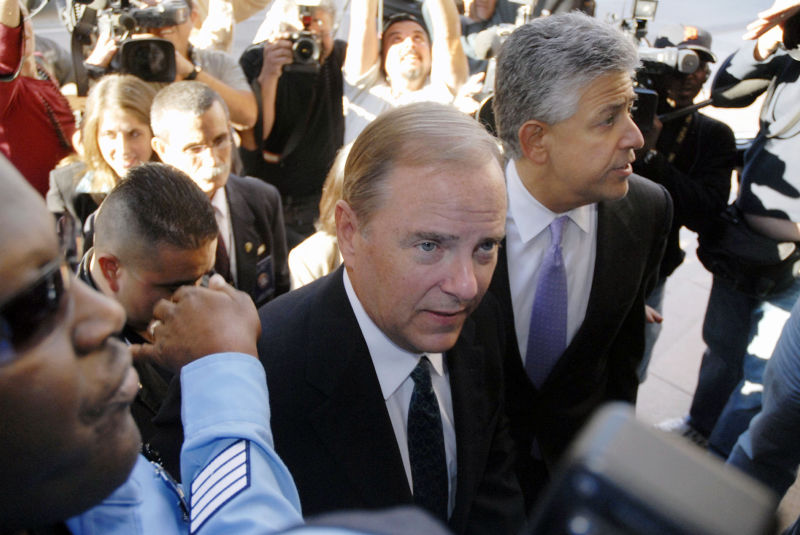Overconfidence might often be cited as a leading factor behind some of the biggest corporate failures in history, from Enron to Bear Sterns and Lehman Brothers, but a new study indicates that “a touch of conceit” in chief executives might help them lead their companies through the coronavirus pandemic.
Researchers at the Chinese University of Hong Kong (CUHK) theorised that overconfident CEOs could be beneficial to their firms during unprecedented times of crisis, and the Covid-19 pandemic provided a backdrop to test the theories. They found that companies with exceptionally confident CEOs performed better in the stock market during the pandemic.
The study, CEO Overconfidence and the Covid-19 Pandemic, was led by Maggie Hu, assistant professor of real estate and finance, and Desmond Tsang, associate professor at the School of Hotel and Tourism Management, as well as Wayne Wan Xinwei, a doctoral candidate at the University of Cambridge.
“The pandemic has brought an unrivalled level of uncertainty to our world,” Tsang said. “It has also become a test for CEOs in whether they can keep their companies intact. We found that overconfident CEOs actually provided strong leadership and kept both their employees and investors positive during a crisis.”
Using US data, the research team looked at companies’ stock market performance from January 22, 2019, to March 23, 2020. Only companies with the same CEOs since 2018 were included in their sample to control for any possible haphazard performance of newly appointed leaders.
Higher Abnormal Returns
The researchers measured the level of CEO overconfidence by investigating their options holdings. A chief executive is considered more confident if he or she is willing to wait for a later date to exercise their stock options, as it may mean the CEO is confident enough to seek a higher payoff somewhere down the line.
According to the results, companies with more self-assertive CEOs displayed significantly higher abnormal returns, defined as returns that are unexpectedly and unusually large, during the Covid-19 period compared with companies with CEOs that have relatively less confidence.
Given that Covid-19 brought a negative impact of 0.52 percentage points in terms of daily abnormal returns and 1.57 percentage points in terms of three-day cumulative abnormal returns, overconfident CEOs mitigated the negative impact of the pandemic by about 37% on abnormal returns, and 33.7% on cumulative abnormal returns over the period studied, respectively.
“Super confident CEOs had a crucial role in mitigating negative market reaction due to the Covid-19 pandemic because their positivity helped them to manage investor perception,” Tsang said.
While market sentiment was generally pessimistic for all firms, super-confident CEOs tended to be more effective in managing public perception, which then influenced investors’ perception of their companies.
Withholding Bad News
As a result, investors maintained a positive attitude towards the companies’ stocks, the researchers found. This ability to keep a positive image of the company was extremely important for companies that faced high uncertainty and lack of resources during the pandemic, the study said.
Another area that overconfident CEOs excelled at is withholding bad news and accentuating good news, it said.
However, despite the marginal edge gained by companies helmed by overconfident CEOs, researchers found that even a highly overconfident CEO would not be able to save companies with inherently higher risk or weaker foundations.
“Our study shows that extremely confident CEOs can make a difference for the survival of a firm during a crisis, but they are not all-powerful,” Hu said.
“If a company is fundamentally unsound, then no matter how confident the CEOs are, it’s going be hugely difficult for them to pull a rabbit out of the hat and save the day regardless of how much smoke and mirrors they employ.”
• George Russell
READ MORE:
Chanos Says Evergrande Fall Will Be Worse Than Lehman for China: FT
ADB Not Seeing China Evergrande As A ‘Lehman Moment’
























